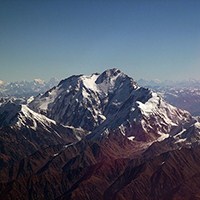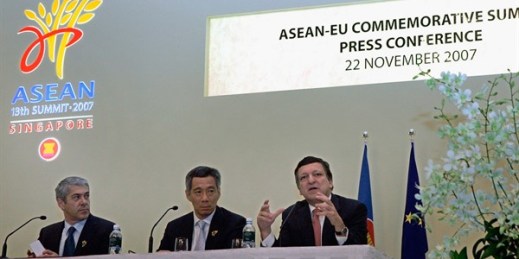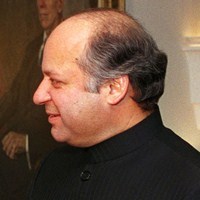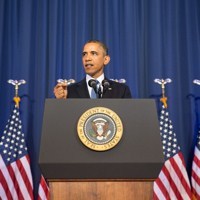
The Tehrik-e Taliban Pakistan (TTP), commonly known as the Pakistani Taliban, has claimed responsibility for an attack over the weekend that killed nine foreign mountain climbers and their local guide, calling it retribution for a U.S. drone strike last month that killed Waliur Rehman, the deputy head of the terrorist organization. Trend Lines spoke with three leading experts on Pakistani security about what the attack indicates about Pakistan’s fight against the Pakistani Taliban. “The militants killed the nine foreign tourists because they knew that this would make headlines in Pakistan and abroad, which would embarrass the government greatly,” Mansur Khan […]





